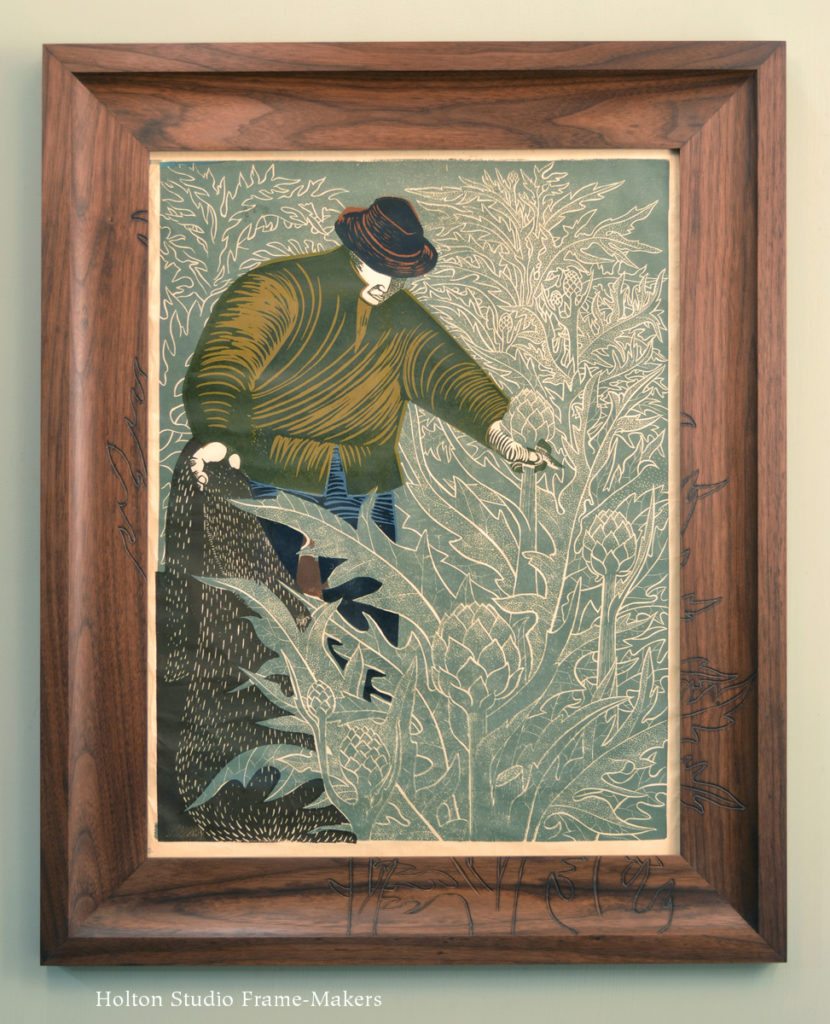I was pleased to see in Doug Stowe’s greatly important blog “The Wisdom of the Hands” that a question I raised in reply to a post a few years back appears to be of help as he begins mapping out his new book, an exciting and ambitious project tentatively titled The Wisdom of Our Hands: Crafting Self, Family, Community and Human Culture. Saturday’s post, called “The Value of Labor and the Value of the Laborer,” explores what he calls “an ethos of craftsmanship” at the heart of the project, and starts out:
I’m beginning to develop an outline for my new book and so am reading through some of the notes I’ve been compiling in the blog since 2006…
Developing an ethos of craftsmanship…
Blog reader Tim Holton asked a question in response to the Forbes article on CTE/Vocational Training in School:
…how can a just society, in which all are treated fairly and able to find and generate work satisfying both to themselves and to the needs of society, educate the full range of tradespeople necessary to vital communities?
Read the rest of the post here…
Doug’s is the only blog I follow at all consistently because I share his understanding and concern for that oft-denigrated and degraded realm of human existence: our labor. That’s a synonym for what used to be the arts, but now we have between those two words not just a distinction but a divide—and in that divide, one glaring sign of the degradation I’m talking about. My question for Doug is part of a bigger question we don’t often think about anymore. But people used to think about it. And unlike today, when people who think and people who work with their hands generally exist on either side of a vast chasm (that same divide cited above), many of those who were concerned with the value and treatment of labor were intellectuals who recognized it as one of the great problems of civilization.
Here, for example, is an Oxford scholar, well-known in his day, A.E. Zimmern (1879-1957) in an article on ancient Greek political thought, part of a 1921 anthology called The Legacy of Greece:
The problem of industrial policy, or what is sometimes roughly described as the Labour problem, may perhaps be thus stated: how to secure or maintain for civilized mankind (or for our own particular section of it) the goods and services it needs, whilst at the same time providing justice and freedom for those who produce them. To put it more shortly, how to secure that a good life for the consumer shall be compatible with a good life for the producer. It is a problem which goes to the root of democracy: for the world has never yet known a time when the increase of wealth and the consequent growth of refinement and civilization in the upper section of the community did not lead to degradation and injustice in the lower.
I’m very excited for Doug and eager to see the book develop, with glimpses of the process available, I’m sure, on his blog. The project promises to contribute substantially to our appreciation of a problem which does indeed go “to the root of democracy.”
Visit the blog, Wisdom of the Hands…
« Back to Blog
